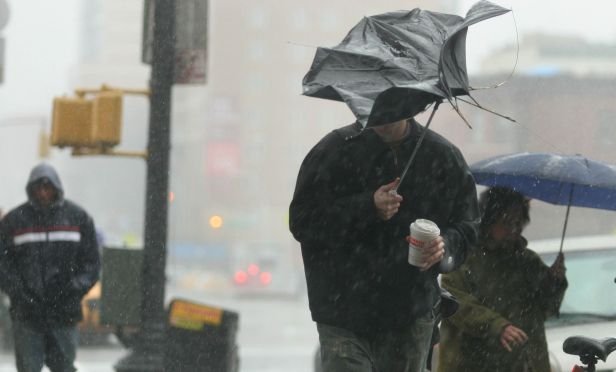 COVID-19 will continue to dominate the conversation in 2021, but other risks like extreme weather and cyber will also be top of mind for many insureds. (Photo: Bloomberg)
COVID-19 will continue to dominate the conversation in 2021, but other risks like extreme weather and cyber will also be top of mind for many insureds. (Photo: Bloomberg)
2020 was a tumultuous year that many were happy to see come to an end. However, many of the year's greatest challenges did not cease with the start of a new year.
Recommended For You
Want to continue reading?
Become a Free PropertyCasualty360 Digital Reader
Your access to unlimited PropertyCasualty360 content isn’t changing.
Once you are an ALM digital member, you’ll receive:
- Breaking insurance news and analysis, on-site and via our newsletters and custom alerts
- Weekly Insurance Speak podcast featuring exclusive interviews with industry leaders
- Educational webcasts, white papers, and ebooks from industry thought leaders
- Critical converage of the employee benefits and financial advisory markets on our other ALM sites, BenefitsPRO and ThinkAdvisor
Already have an account? Sign In Now

